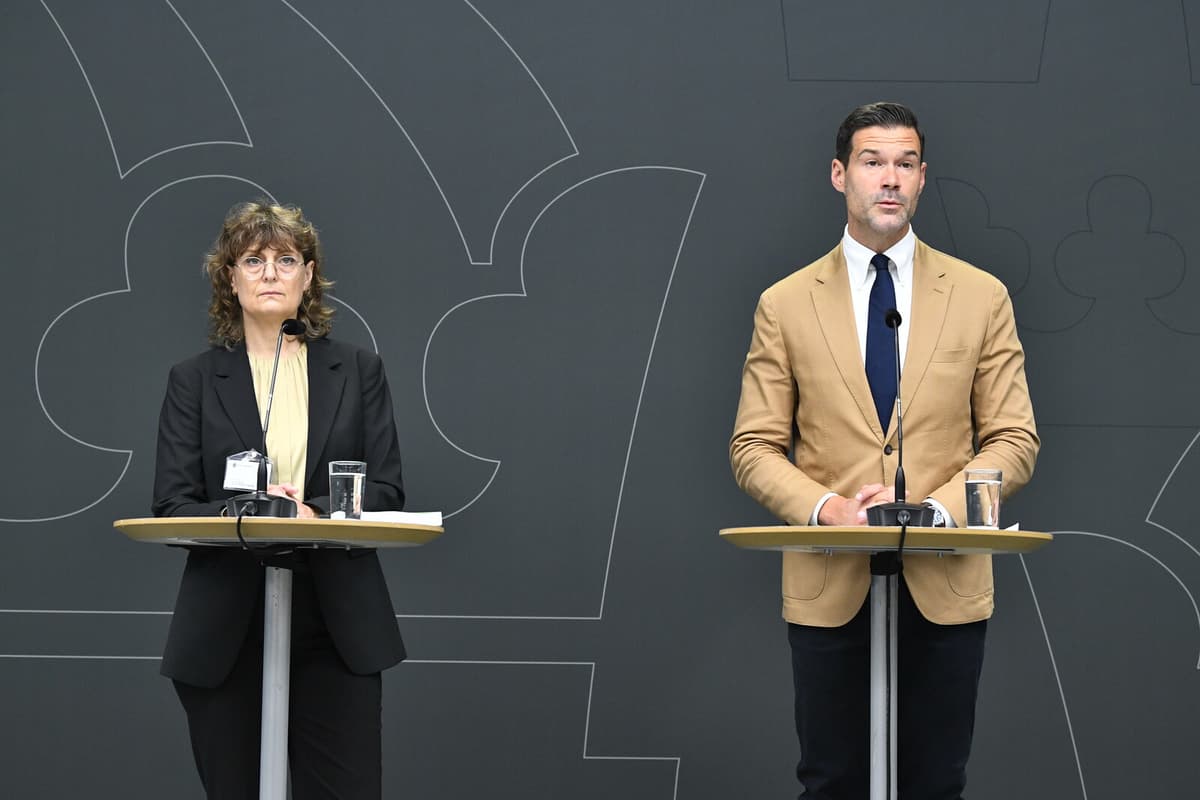The largest change proposed is that anyone who wants to bring a relative here must have lived in Sweden for at least two years before an application can be considered.
The goal that the government and support party SD set for the investigation was to propose rules that make Sweden not receive more family immigrants than what the EU's minimum levels require.
The principled and important change that the investigation proposes is that the right to a residence permit should only exist in cases where EU law requires it, says the investigator Ingrid Utne at a press conference.
In addition to the requirement to live in Sweden for at least two years before applying, the previously tightened support requirements will apply in more cases than today. The support requirements will also be tested when a residence permit is to be extended, not just at the first application.
The circle of relatives will be limited
Another tightening is that the circle that is considered relatives is narrowed. Only spouses, cohabiting partners, and children under 18 can come here, not old parents as today. It will also not be possible to bring a partner in a new relationship, unless you are a Swedish, Nordic or EU citizen.
Lately, several cases have been highlighted where children have to leave the country when they turn 18 and are then considered adults. The investigator proposes that there should be transitional rules so that an 18-year-old who, for example, attends high school, lives at home, and is dependent on their parents should not be deported.
It is difficult to say how great an impact the proposals can have on the number of family immigrants. The regulations are complex and it also depends on how many apply for asylum.
Good tool
But Johan Forssell thinks that the investigation provides several good tools.
If you are to bring relatives to Sweden, you must know that there is really a decent income, that there is a dwelling of sufficient size, and that you are established in the country. If you have a waiting period, the conditions for this increase, he says.
Labor immigrants are exempt from most of the proposed changes, as are Swedish, Nordic, and EU citizens.
The changes are proposed to enter into force on January 1, 2027.






